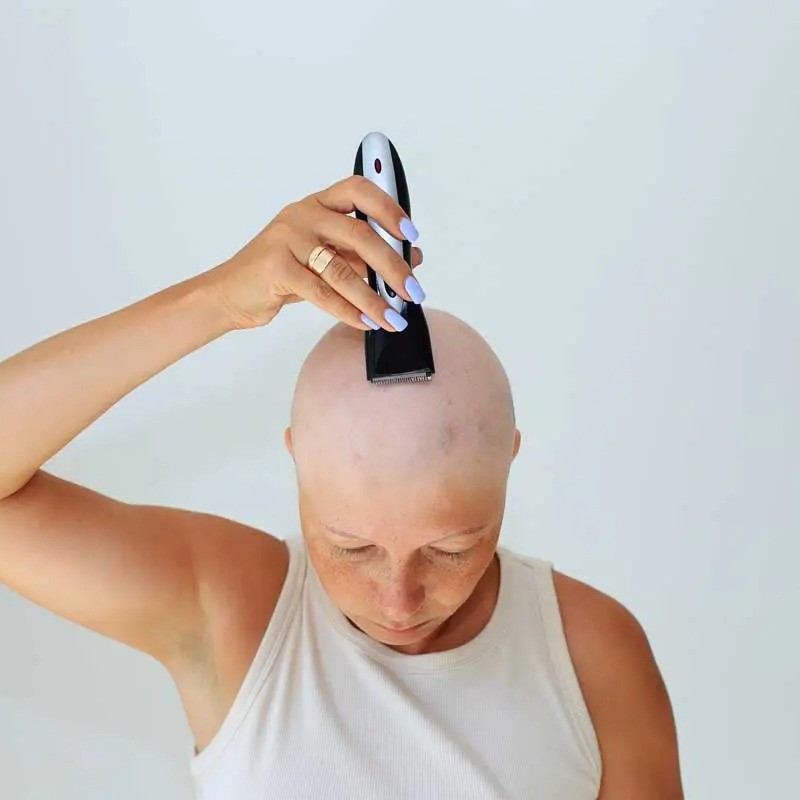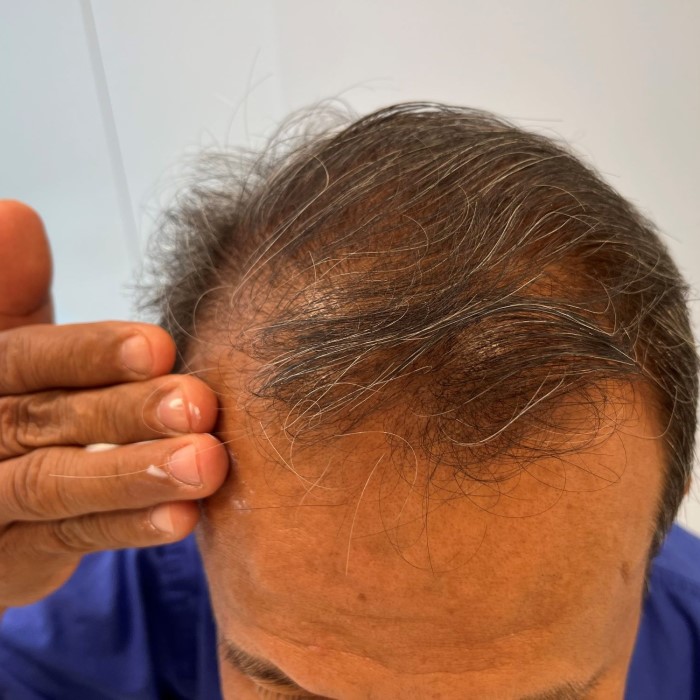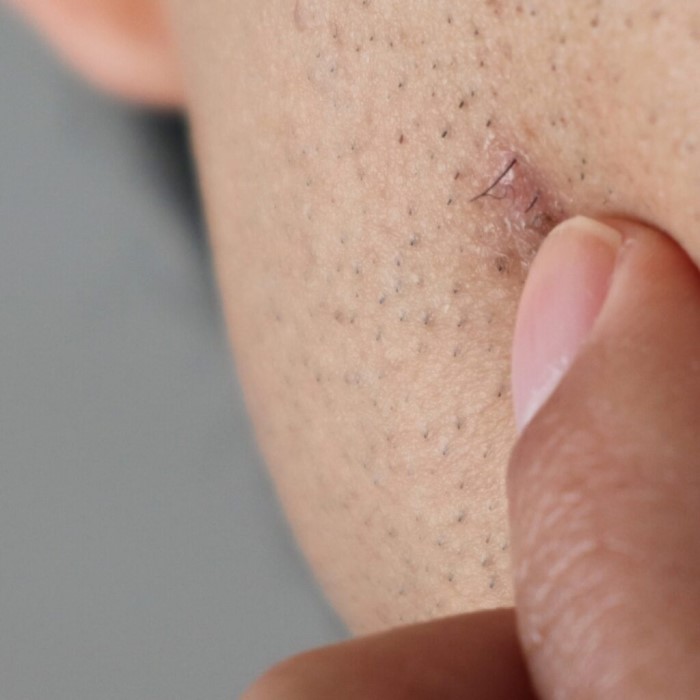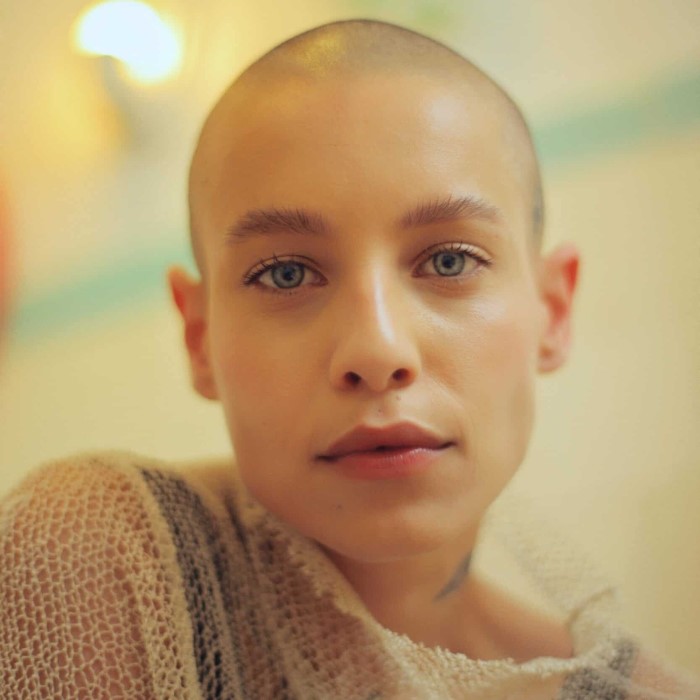
Exploring Can Cancer Cause Hair Loss? Myths Revealed
Hair loss is a distressing reality for many individuals diagnosed with cancer. It’s a topic that often elicits a significant emotional response, as the changes in appearance can contribute to feelings of vulnerability and concern about identity. Can cancer cause hair loss? The connection between cancer and hair loss is largely tied to the treatments involved in managing cancer, such as chemotherapy and radiation. In this comprehensive guide, we will delve into the causes of hair loss due to cancer treatments, the different stages at which hair loss may occur, and how those affected can cope with its emotional toll. Ultimately, empowering patients with knowledge about this aspect of their cancer journey can lead to better outcomes in emotional health and self-esteem.
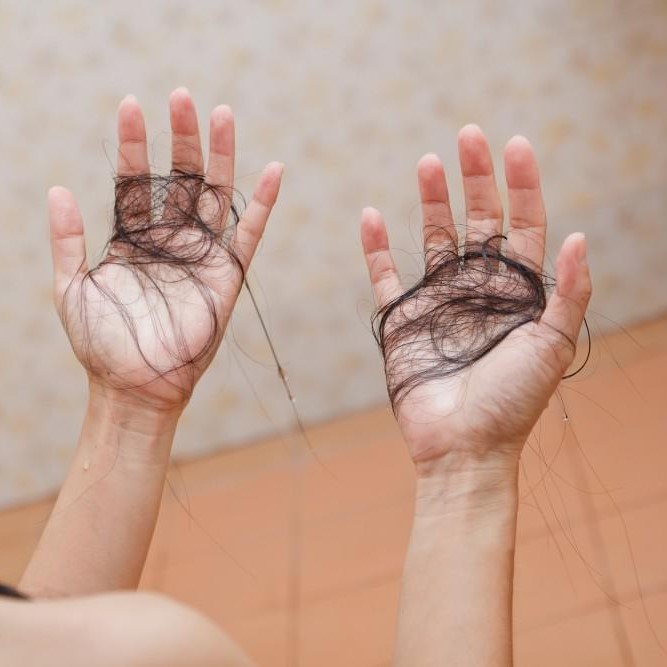
The Relationship Between Cancer Treatments and Hair Loss
Can cancer cause hair loss? Understanding the connection between cancer treatments and hair loss requires a closer look at how these treatments work within the body. Chemotherapy, for instance, is designed to kill rapidly dividing cells, which are characteristic of cancer. Unfortunately, these drugs cannot distinguish between cancer cells and normal cells that also divide quickly, including those in hair follicles. This indiscriminate targeting can lead to significant hair loss during the treatment period.
Types of Cancer Treatments That Cause Hair Loss
Various types of cancer treatments can precipitate hair loss, notably:
- Chemotherapy: This treatment uses potent drugs to destroy cancer cells, significantly affecting hair follicles and leading to varying degrees of hair loss.
- Radiation Therapy: Specifically targeted radiation can result in hair loss in the treated area, particularly when it involves the scalp.
- Hormonal Therapies: These treatments can disrupt hormonal balances in the body, sometimes causing hair thinning or a complete loss of hair.
- Targeted Therapies: Similar to chemotherapy, these therapies focus on specific cellular mechanisms but can also lead to hair loss as a side effect.
By understanding these causes, patients can better prepare themselves for the changes they may experience during treatment.
Emotional Impact of Hair Loss on Cancer Patients
Can cancer cause hair loss? Hair loss can have a profound emotional impact on cancer patients. Many individuals feel that hair is a significant part of their identity, and losing it can lead to feelings of inadequacy, sadness, and anxiety. The social stigma surrounding hair loss can exacerbate these feelings, causing patients to withdraw from their social circles and feel isolated.
Coping with Emotional Turmoil
It’s essential for individuals experiencing hair loss to acknowledge their feelings and seek support when needed. Here are some strategies that can help manage these emotions:
- Talk About Your Feelings: Whether with friends, family, or professional counselors, expressing emotions can relieve some of the burdens associated with hair loss.
- Join Support Groups: Connecting with others experiencing similar challenges can foster a sense of community and provide valuable resources.
- Engage in Self-Care: Focus on activities that boost confidence and self-esteem, such as physical exercise, journaling, or finding new hobbies.
What Kind of Cancer Causes Hair Loss?
Cancer itself does not directly cause hair loss; rather, it is the treatments employed to combat cancer that lead to this effect. Cancers that might lead to hair loss include:
- Breast Cancer: Patients undergoing chemotherapy may experience significant hair loss due to the aggressive nature of their treatment.
- Leukemia: This blood cancer often requires chemotherapy, leading to hair loss as well.
- Lymphoma: In similar fashion, lymphoma treatment can also result in visible hair loss.
Thus, individuals should maintain open lines of communication with their healthcare providers about potential side effects of treatment.
Recognizing the Stages of Hair Loss During Cancer Treatment
Hair loss typically does not occur immediately. Rather, it can progress through several stages:
- Initial Thinning: This can start as soon as a week or two into treatment. Some patients notice their hair changing texture or becoming thinner.
- Increased Shedding: Several weeks after beginning treatment, shedding may accelerate, and patients may find clumps of hair in their hands or on their pillows.
- Baldness: Full baldness may occur several weeks to months into treatment, depending on the individual and the specific treatment plan.
By being aware of these stages, patients can better prepare themselves for what to expect throughout their treatment journey.
At What Stage of Cancer Does Hair Loss Start?
Hair loss can commence anywhere from a week to a month after starting cancer treatment. The exact timing largely depends on the individual’s specific circumstances, treatment regimen, and overall physical condition. Early communication with healthcare professionals can set realistic expectations and help patients mentally prepare for the changes.
Managing Hair Loss During Cancer Treatment
Several strategies can help patients cope with hair loss:
Wigs and Head Coverings
- Diverse Options for Comfort: Many patients undergoing treatment for hair loss from conditions such as chemotherapy explore various options for head coverings. These often include wigs, scarves, and hats. Wigs can provide a sense of normalcy and help individuals maintain their personal style during a challenging time. Scarves and hats offer versatility and can be adapted to suit different occasions or personal preferences.
- Psychological Benefits: Utilizing wigs and head coverings can also help boost confidence and self-esteem. By managing their appearance, individuals may feel more in control of their looks, which can alleviate some emotional distress associated with hair loss.
- Customization and Style: Many patients embrace the opportunity to try different styles and colors with wigs, allowing them to express their personality in a new light. Customized wigs can align more closely with their natural appearance or offer a chance to experiment with a completely different look.
Embracing Change
- Acceptance of New Identity: For some individuals, choosing to embrace baldness becomes an empowering statement of strength and resilience. This acceptance often signifies a shift in identity, where the individual learns to view themselves beyond conventional beauty standards.
- Fostering Inner Strength: The process of embracing baldness can also cultivate a sense of inner strength. It allows individuals to confront their circumstances directly, reinforcing their determination to fight cancer head-on. By embracing their appearance, they can challenge societal norms and redefine beauty on their own terms.
- Community and Support: Many find solidarity with others who have experienced similar changes. Joining support groups or communities can create an environment of understanding and encouragement, further aiding the journey toward self-acceptance.
Nutritional Support
- Balanced Diet Significance: Maintaining a balanced diet rich in essential vitamins and minerals is crucial for overall health during cancer treatment. Nutritional support plays an indispensable role in sustaining energy levels, bolstering the immune system, and potentially aiding in healthy hair growth.
- Critical Nutrients: Specific vitamins, such as B vitamins, vitamin D, and minerals like zinc and iron, are essential for maintaining healthy hair follicles. Including foods rich in these nutrients can provide the body with the necessary building blocks for hair health.
- Consulting Professionals: Patients should consider consulting a healthcare provider or nutritionist to develop dietary plans tailored to their needs, ensuring they receive adequate nutrition while undergoing treatment.
Scalp Care
- Gentle Care Practices: Practicing gentle hair and scalp care is essential, particularly for those experiencing thinning or shedding hair. A thoughtful approach can help promote comfort and minimize further trauma to the scalp.
- Choosing Mild Products: The use of mild shampoos and gentle conditioners is vital in reducing irritation of the scalp and preventing additional hair loss. Moreover, it is advisable to avoid harsh chemical treatments that could exacerbate hair shedding.
- Regular Scalp Maintenance: Regularly massaging the scalp, when comfortable, can stimulate blood circulation and promote relaxation. This gentle care can also help individuals form positive routines centered around self-care, contributing to an improved overall sense of well-being.
By actively participating in hair loss management, patients can regain a sense of control during a tumultuous time.
Which Diseases Cause Hair Loss?
While cancer and its treatments are primary causes of significant hair loss, several other conditions can result in similar effects, including:
- Alopecia Areata: An autoimmune disorder that leads to sudden hair loss in patches.
- Thyroid Disorders: Conditions such as hypothyroidism or hyperthyroidism can affect hair growth.
- Stress: Physical or emotional stress can trigger temporary hair loss known as telogen effluvium, where hair shifts from the growth phase to the resting phase, leading to shedding.
- Nutritional Deficiencies: Inadequate intake of certain vitamins and minerals essential for healthy hair growth can contribute to hair loss.
Understanding these various health factors allows individuals to pursue appropriate medical advice and interventions if needed.
Support for Cancer Patients Experiencing Hair Loss
Support is paramount for cancer patients experiencing hair loss. Friends and family can play a critical role in offering emotional backing and encouragement. Additionally, healthcare providers can provide resources such as education about hair loss and recommendations for wigs or head coverings tailored to individual preferences.
Creating a Supportive Environment
Creating a supportive environment involves open communication, encouragement, and practical assistance. Here are some specific ways loved ones can help:
- Be Present: Simply being there, whether it’s for conversation or quiet companionship, can make a world of difference.
- Avoid Clichés: Phrases that minimize the impact of hair loss or compare it to other experiences can cause further distress. Instead, acknowledge the difficulty of the situation.
- Help with Practical Needs: Assistance with day-to-day tasks can lighten the load for patients undergoing treatment.
Coping Mechanisms for Managing the Emotional Impact of Hair Loss
Coping with the emotional fallout of hair loss involves recognizing its significance and allowing oneself the space to process these emotions effectively. Here are practical methods to cope:
- Art and Creativity: Engaging in creative outlets, such as painting or writing, can provide a therapeutic release.
- Mindfulness and Meditation: Practicing mindfulness techniques can help individuals stay present and reduce anxiety related to their condition.
- Physical Activity: Regular exercise can serve as a natural mood booster, helping to balance chemicals in the brain that may contribute to feelings of sadness.
Conclusion: Embracing the Journey
Can cancer cause hair loss? In conclusion, the relationship between cancer and hair loss is complex and deeply interwoven into the treatment and emotional landscape of a patient’s life. Knowledge about the causes of hair loss, the stages at which it may occur, and the emotional implications can empower individuals as they navigate their cancer experience. By seeking support and staying informed, patients can better manage their emotional challenges, cope with hair loss, and maintain a sense of identity throughout their journey. Remember, while hair loss may be a challenging aspect of treatment, it is often temporary. Understanding this can bring hope and healing on the road to recovery, paving the way for renewed growth—not only in hair but also in self-confidence and resilience.
